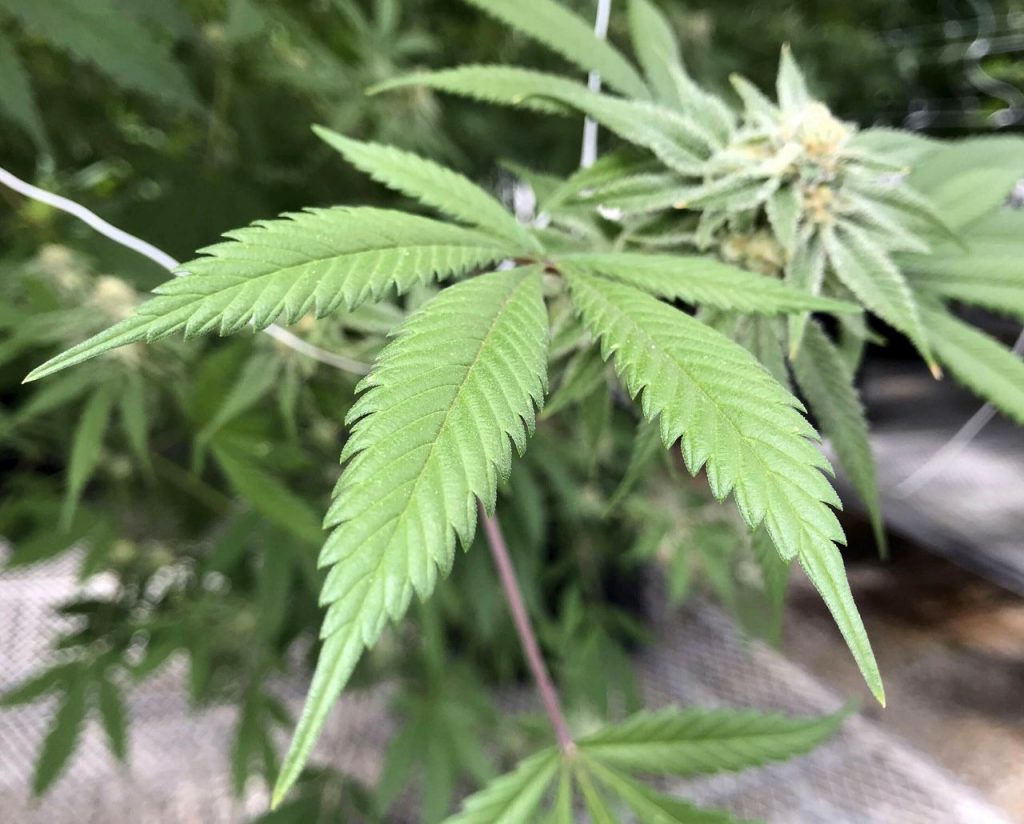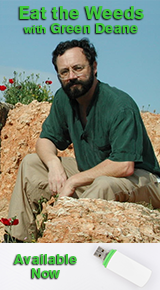 You can’t rummage around the woods as a forager without running into someone’s marijuana patch. Locally the most likely place to find said is on spoil islands, the ones created by dredging. Kids row out, have a party and toss away the seeds. What is not surprising those abandoned seeds grow into plants the kids don’t recognize as the same plant they are smoking.
You can’t rummage around the woods as a forager without running into someone’s marijuana patch. Locally the most likely place to find said is on spoil islands, the ones created by dredging. Kids row out, have a party and toss away the seeds. What is not surprising those abandoned seeds grow into plants the kids don’t recognize as the same plant they are smoking.
We don’t have a full nutrition panel for Marijuana, Cannabis sativa… yes it does have some nutrition. A 1991 book on indigenous diets reported 100 grams of seeds has a whopping 421 calories, 27.1 grams of protein, 27.6 grams of carbohydrates, 25.6 grams of lipids, 20.3 grams of fiber, 2.1 mg of B3 (niacin) 0.3 mg of B1 (thiamin) 1.7 mg of B2 (riboflavin) and half an IU of vitamin A. On the mineral side it has 970 mg of phosphorus, 12 mg of calcium, and 12 mg of iron.
Actually the seeds are achenes and were cattle food in Europe after oil extraction. Most seeds contain 30% oil, according to a report in the 29th edition of the Journal of Economic Botany, July-Septmeber 1975. The oil was called “oleifera” which is now confusing as an important food tree has the same name, Moringa oleifera (elsewhere in this book.)
The plant was originally put in the Nettle family then the Mulberry group and later Hops. Some think it might be related to Elms. The genus “Cannabis” comes form the Greek word κάνναβις (kánnavis.) That probably was Scythian or Thracian and most likely was borrowed from the Persian Kanab and (as is often the case) that probably came from India. Sativa is Dead Latin for “cultivated.” While those in India and China long ago knew about the drug properties of the species the Greeks did not nor the Egyptians or Hebrews. There exists some hemp cloth from China that is perhaps 6000 years old. It was first cultivated in the Americas in 1545 in Chile, Nova Scotia in 1606 and 1632 in the Puritan settlements of New England. Among that study’s finding — they grew an experimental plot in Ottawa — was that fiber hemp can also contain drug properties.
Green Deane’s Itemized Plant Profile
IDENTIFICATION: Needs no identification.
TIME OF YEAR: Summer in cold climates, year round in warm. Male plants die after shedding pollen, female are killed by frost. In cold Ottawa — for science — they grew 900 pounds on a half acre.
ENVIRONMENT: Like most plants sun, water, good soil. Despite it chemical armaments it can suffer from insect predation.
METHOD OF PREPARATION: Numerous.

